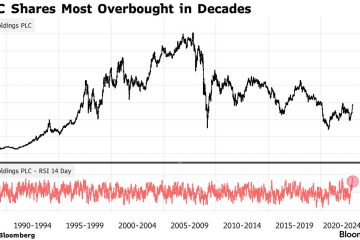Understanding CCLA: Its Role and Impact in UK Finance

Introduction
The Centre for Clinical Leadership and Advancement (CCLA) is gaining prominence within the financial services and public sector investment landscape in the UK. With growing concerns about sustainability and ethical investment, CCLA stands at the forefront of promoting socially responsible investing strategies.
What is CCLA?
CCLA Investment Management Limited is one of the largest fund managers dedicated to serving the UK’s public sector. Established in 1958, it has around £10 billion in assets under management, catering primarily to local authorities, charities, and other not-for-profit entities.
Recent Developments
In recent months, CCLA has made headlines by increasing its commitment to sustainable and ethical investments, responding to the climate crisis and the ongoing debate concerning corporate responsibility. Notably, CCLA launched its revamped Sustainable Investment Fund, which focuses on companies with strong environmental, social, and governance (ESG) practices. According to latest reports, the fund has attracted considerable interest, with inflows doubling in the last quarter alone.
Importance of CCLA to Investors
CCLA’s approach to responsible investing is not only financially motivated but also serves a greater social purpose. As local authorities and charities seek to align their financial activities with their ethical values, CCLA provides a viable option. This investment philosophy becomes increasingly significant as investors, particularly younger ones, demand more accountability and sustainability from their investments.
Future Outlook
The rise of ESG-focused investment funds indicates a promising trajectory for CCLA in the coming years. As more organisations recognise the importance of ethical investing, CCLA is well-positioned to leverage this trend. Experts predict a continued influx of capital into sustainable investing, which could lead to further growth for CCLA. In addition, regulatory pressures and public sentiment are expected to encourage institutions to consider their investment policies more carefully.
Conclusion
As the landscape of UK finance continues evolving, CCLA is set to play an important role in shaping the future of responsible investing. Investors, particularly those involved in the public sector or charitable organisations, may find CCLA’s offerings particularly beneficial as they align both financial performance and ethical considerations. The shift toward sustainability in finance signifies an ongoing trend that bears watching for all stakeholders involved.








